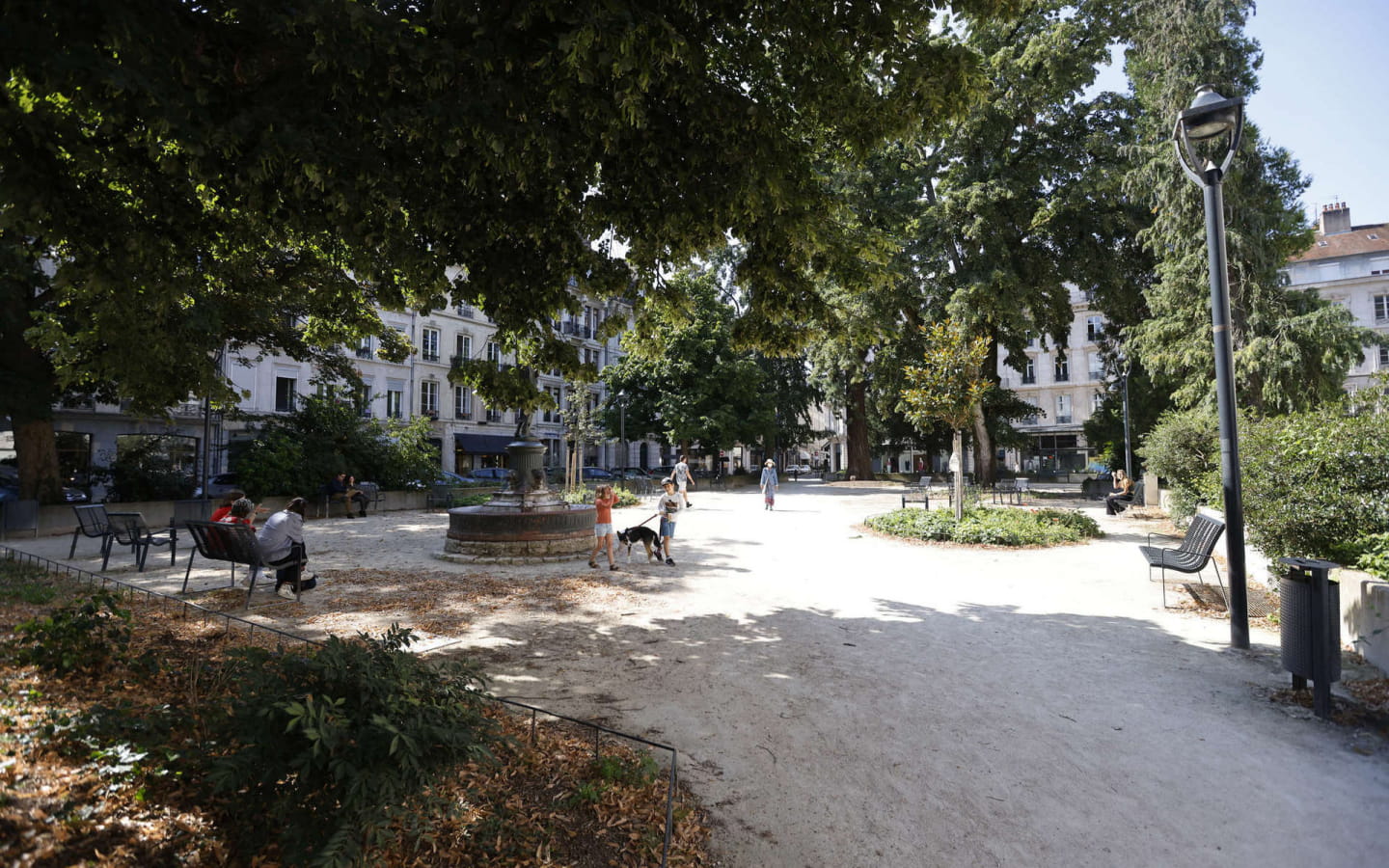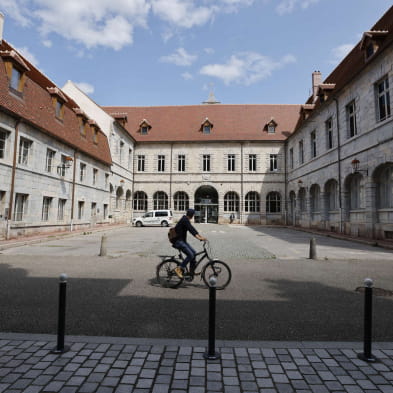
Visite guidée : Besançon, vieille ville espagnole ?
When he uses this expression in his poem evoking his birth in Besançon, Victor Hugo sows the seed of doubt in our contemporary minds. Indeed, if, after the death of Charles V, Franche-Comté became "Spanish", it was quite different for Besançon, whose status as a free imperial city ensured it a singular destiny.
A tour of the upper town and the former episcopal quarter will enable us to clarify Besançon's relationship with the Habsburgs of Spain and Austria and to find traces of this relationship in the city walls.







